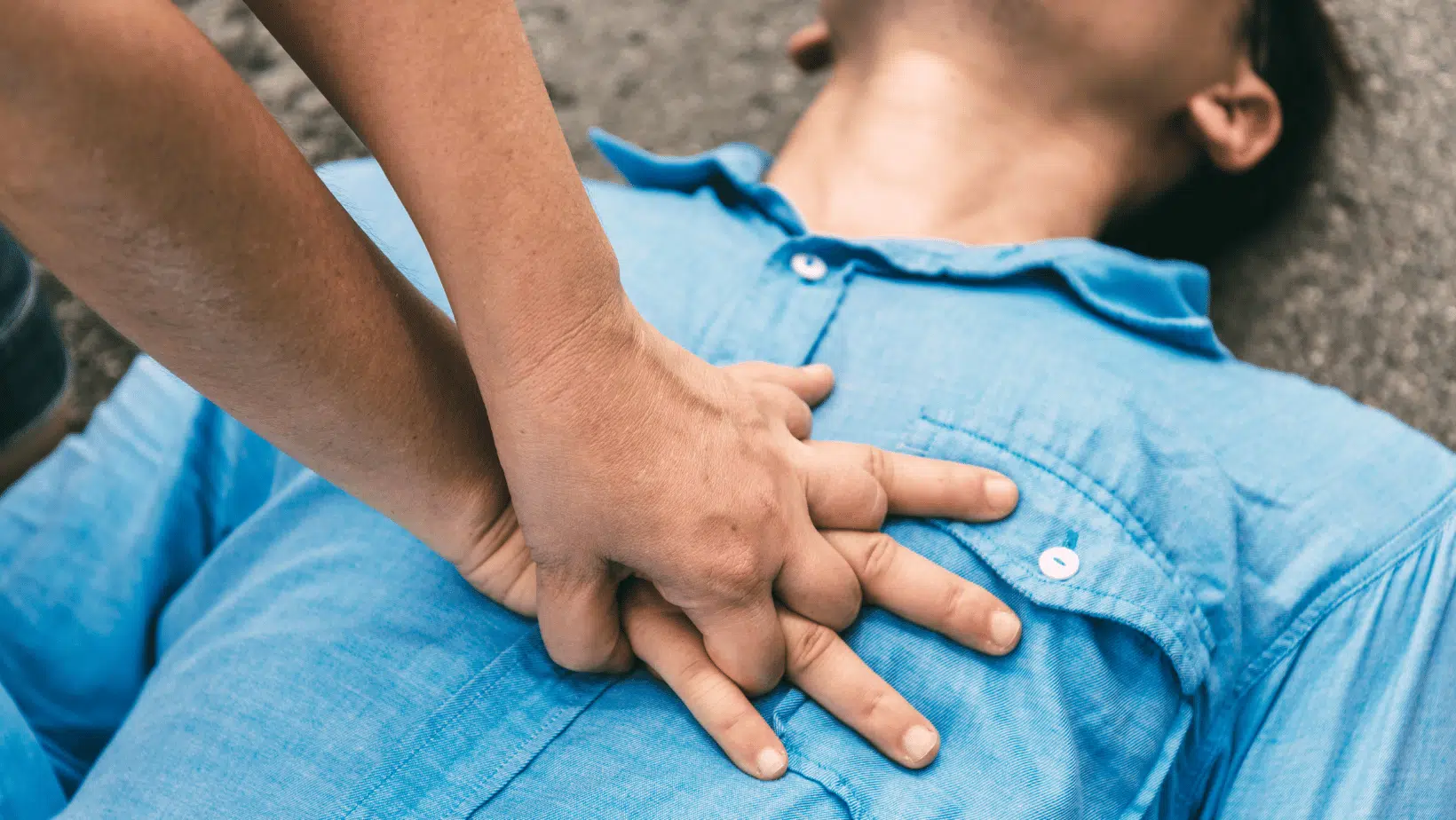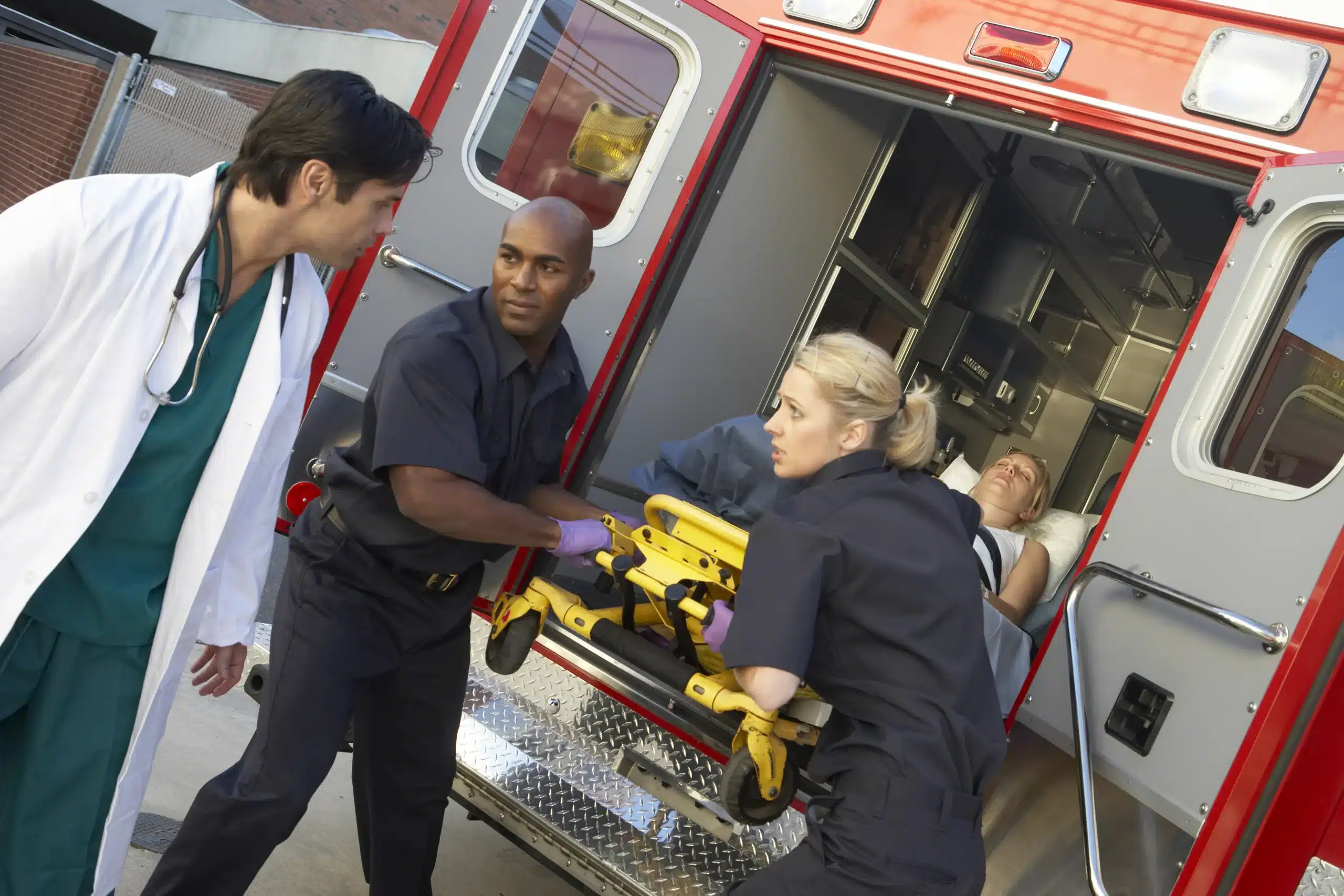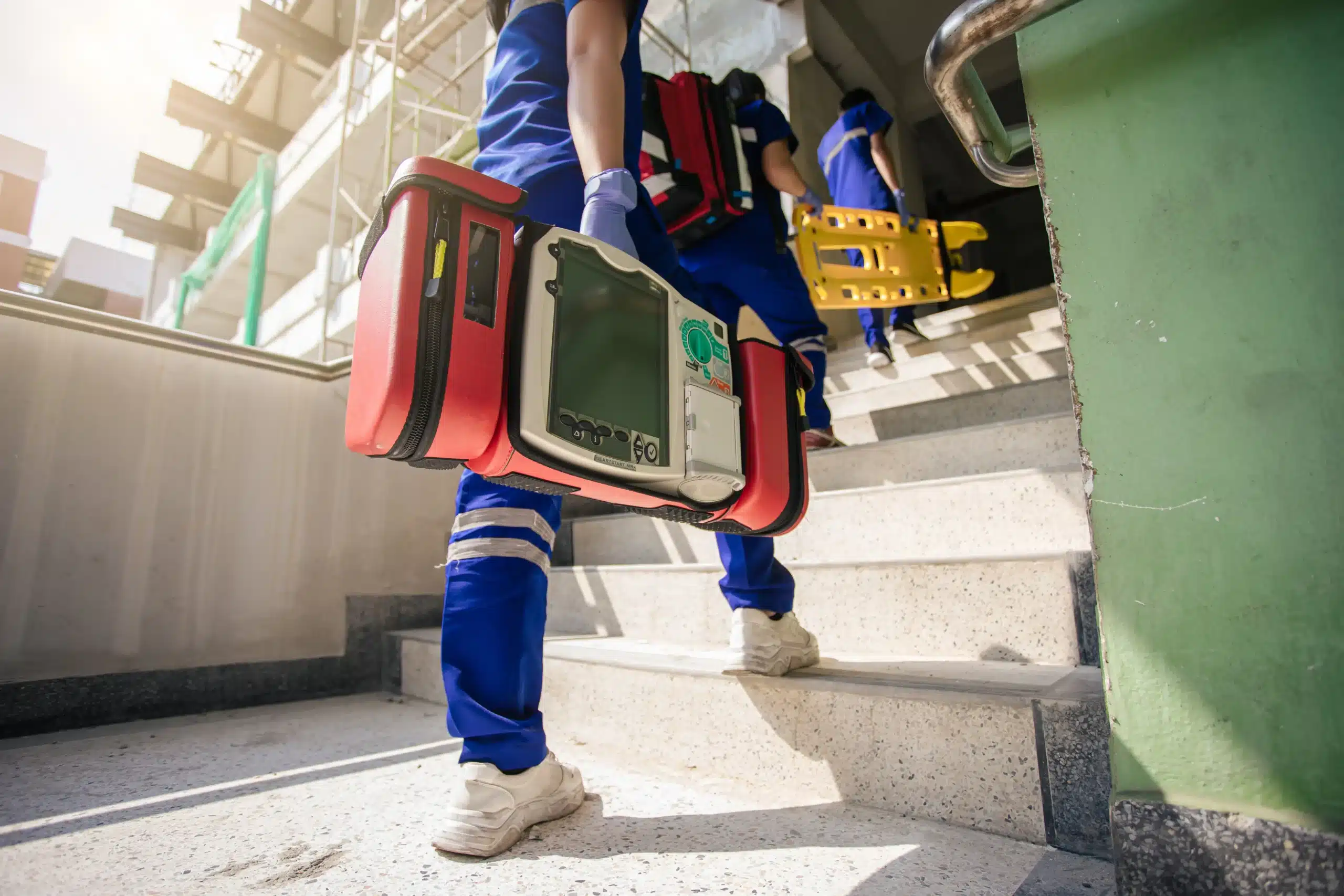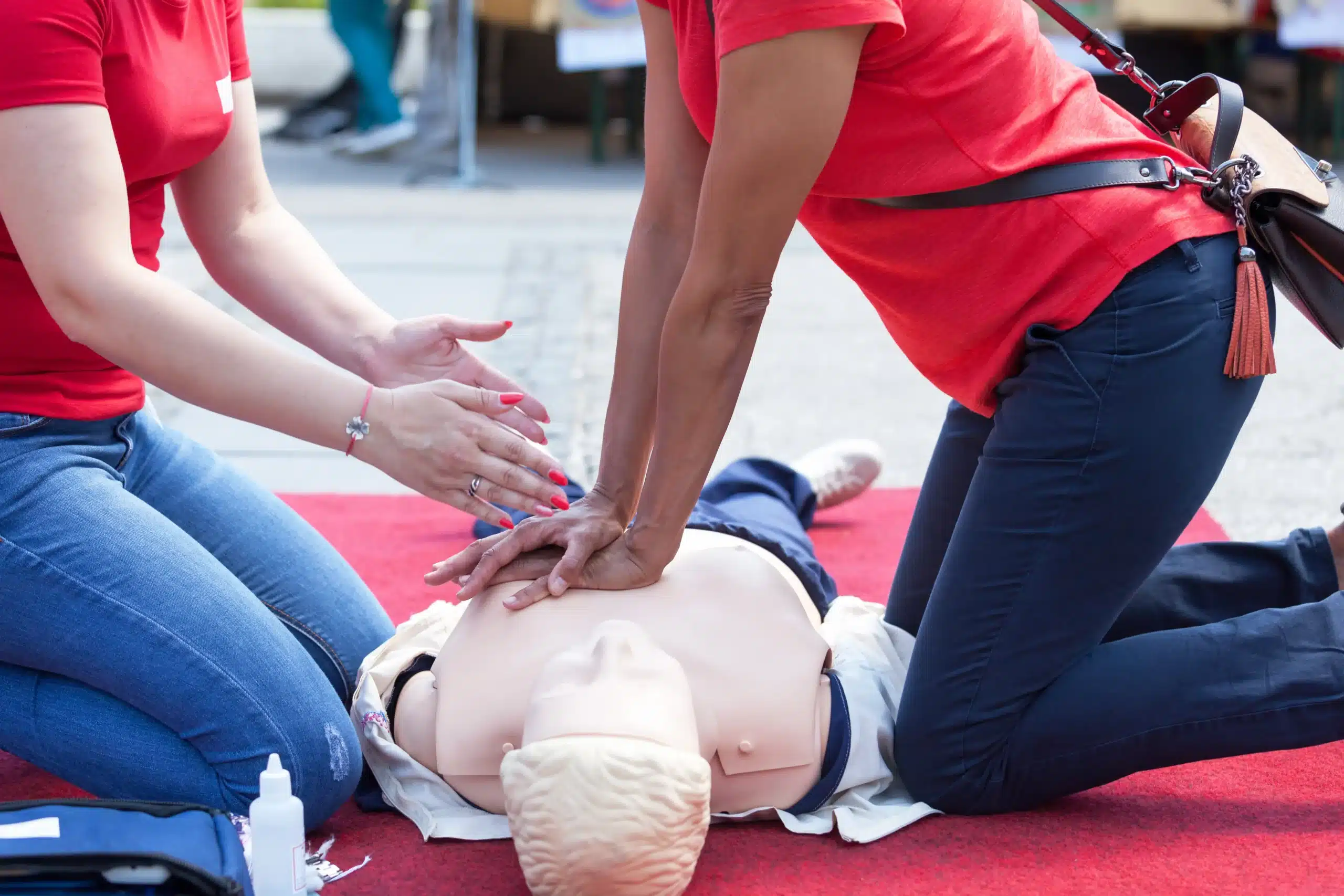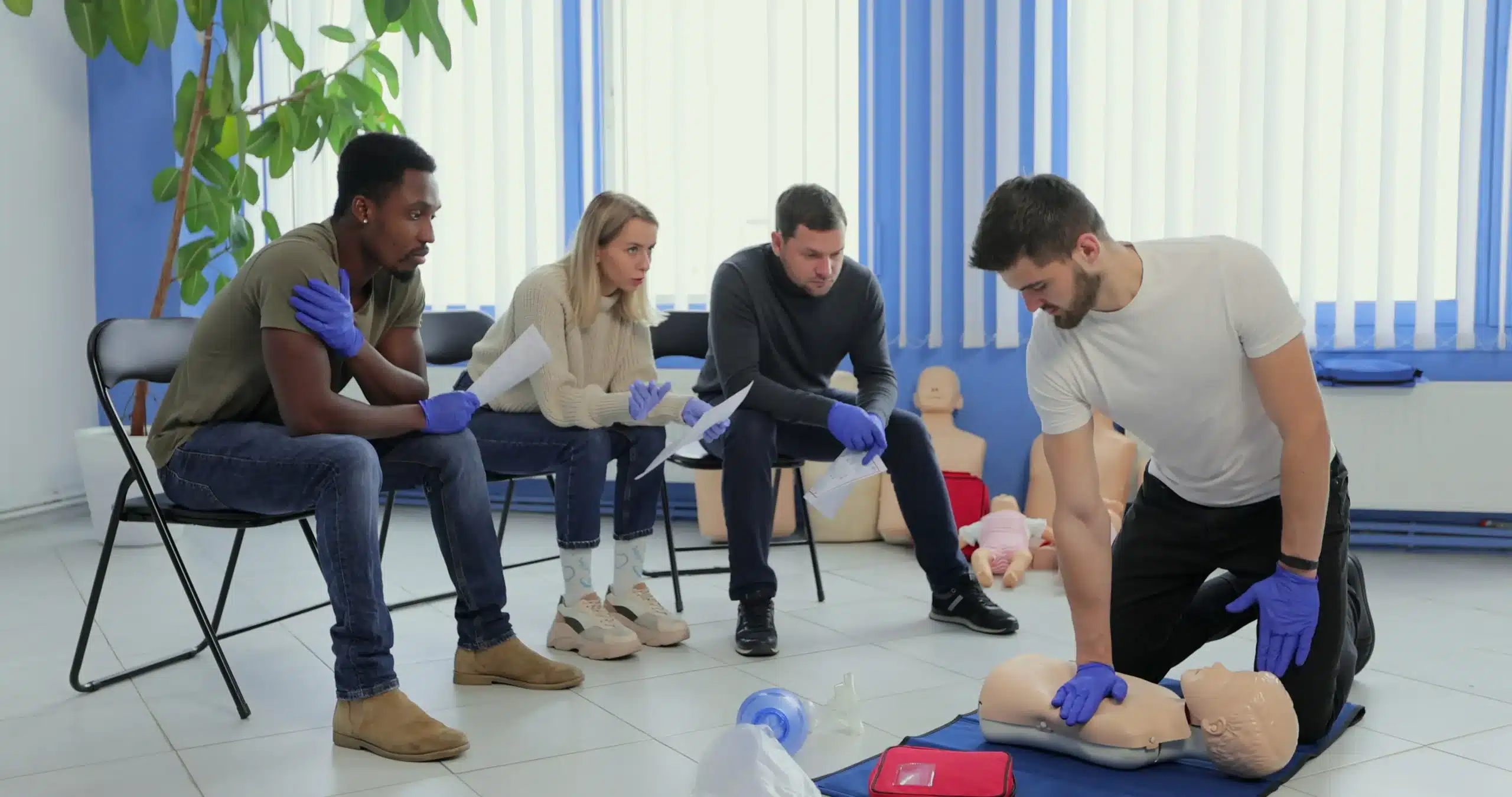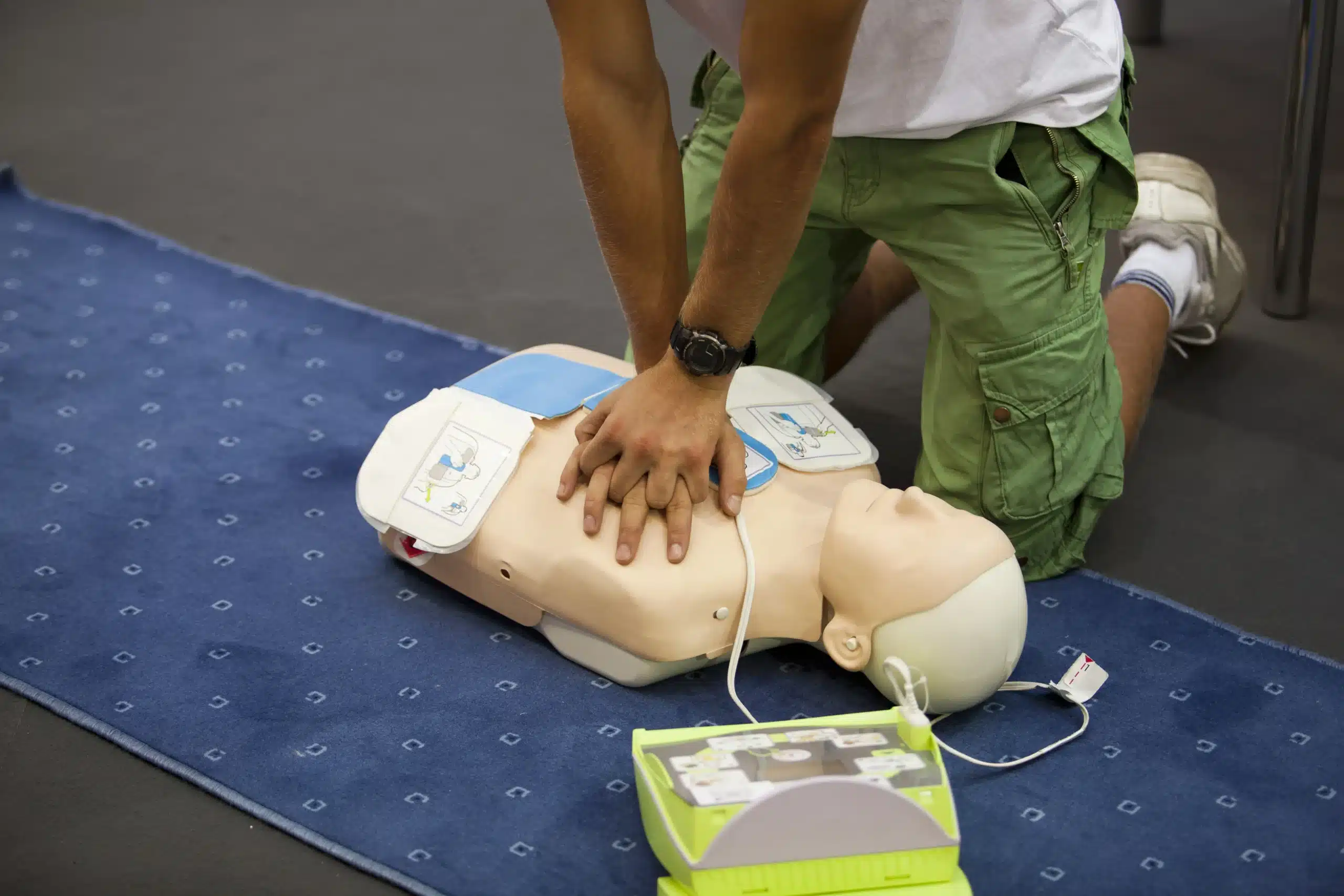Cardiopulmonary resuscitation (CPR) saves lives, but it often leaves survivors grappling with emotional and psychological challenges. For many, resuscitation represents a near-death experience, triggering a wave of intense feelings and mental health struggles. While physical recovery is typically prioritized, psychological recovery is just as essential for a full return to health and well-being.
This guide explores the psychological impact of CPR, effective coping strategies, and the importance of addressing mental health during recovery. By the end, you’ll understand how emotional rehabilitation complements physical healing, and why support systems are vital.
Understanding the Psychological Impact of CPR
Surviving CPR is not just a medical triumph—it’s a deeply emotional experience that can reshape a person’s outlook on life. From immediate reactions to long-term effects, the psychological consequences are significant.
Immediate Emotional Responses
After resuscitation, survivors often report feelings of fear, confusion, and anxiety stemming from the trauma of a life-threatening event. The experience can be disorienting, leaving survivors struggling to make sense of what happened.
One immediate outcome for many is Acute Stress Disorder (ASD). ASD can manifest through symptoms like vivid flashbacks, nightmares, hypervigilance, and emotional numbness. These reactions are the mind’s way of processing a distressing event and can last for several weeks.
Long-Term Effects on Mental Health
The psychological effects don’t end with immediate responses. Many CPR survivors go on to experience long-term conditions such as Post-Traumatic Stress Disorder (PTSD), depression, and survivor’s guilt.
- PTSD: Triggers such as hospital environments or sudden loud noises can evoke debilitating memories of the event.
- Depression: The implications are serious, as untreated depression can further delay recovery and impact physical health.
- Survivor’s Guilt often emerges when survivors question why they lived while others may not have been as fortunate. This can create a cycle of guilt and self-doubt, hindering emotional healing.
Shifts in Worldview
Survivors frequently reflect on mortality and reevaluate their life priorities after a near-death experience. While these adjustments can lead to positive change—such as pursuing meaningful goals—they can also create existential anxiety or feelings of loss.
The Numbers Speak
The Resuscitation Journal reports that psychological distress occurs at alarming rates in survivors of out-of-hospital cardiac arrest (OHCA):
- Depression rates range from 14% to 45%.
- Anxiety affects 13% to 61% of survivors.
- PTSD occurs in 19% to 27% of cases.
Such statistics highlight the need for psychological screening and early intervention as part of the recovery process.
Coping Strategies for Survivors and Families
Recovery doesn’t have to be a solitary process. Leveraging coping strategies and support systems can make the healing journey manageable and even empowering.
Mindfulness-Based Techniques
Mindfulness can be a powerful tool for easing anxiety and achieving emotional balance. Activities like meditation, journaling, and yoga have been shown to reduce stress levels and foster inner peace.
Here’s a simple mindfulness exercise to try at home:
- Sit in a quiet space and close your eyes.
- Breathe deeply, focusing on the sensation of air entering and leaving your lungs.
- If your mind wanders, gently guide it back to your breath. Practice this for five minutes daily.
Support Networks
Having a support system of friends, family, and fellow survivors can provide comfort and reassurance. Encouraging conversations about feelings and experiences helps normalize what survivors are going through.
Consider joining survivor-specific support groups like the American Heart Association (AHA) survivor communities. These groups connect you with people who truly understand what you’ve experienced.
Lifestyle Adjustments
Physical health and mental well-being are interconnected. Adopting a healthy lifestyle can support psychological recovery by improving mood and reducing stress. Key habits include:
- Regular Exercise: Even light activities, such as walking or stretching, release endorphins that combat depression.
- Balanced Nutrition: A diet rich in whole foods, lean proteins, and healthy fats supports brain function and emotional health.
- Quality Sleep: Aim for 7–9 hours of restful sleep each night to promote cognitive and emotional recovery.
Structure and routine also play an essential role in regaining a sense of stability. Creating daily schedules for meals, exercise, and relaxation can aid in reclaiming normalcy post-recovery.
Seeking Professional Help
If psychological struggles persist, seeking professional help is a crucial step. Therapists and counselors specializing in trauma or health-related stress disorders are particularly valuable for CPR survivors.
Therapeutic options include:
- Cognitive Behavioral Therapy (CBT): This evidence-based approach helps identify and change negative thought patterns that fuel anxiety or depression.
- Eye Movement Desensitization and Reprocessing (EMDR): EMDR is often recommended for those struggling with PTSD, as it helps reframe distressing memories.
When choosing a mental health professional, consider their experience with trauma and CPR-related cases. Exploring local directories or consulting your primary care physician can guide you to the right therapist.
Why Psychological Recovery is Essential
Addressing psychological recovery does more than improve emotional well-being—it also enhances physical healing. Stress and unresolved trauma can impede the body’s ability to recover, while emotional health creates a supportive foundation for physical rehabilitation.
The Mind-Body Connection
Research shows a strong link between emotional health and physical outcomes. Reducing stress through therapy, mindfulness, and support systems can lower blood pressure, improve heart function, and boost immune resilience—all of which are critical after a cardiac event.
Rehabilitation with Holistic Healing
Emphasizing psychological recovery helps build a healthier, more resilient life post-resuscitation. Emotional healing allows survivors to rebuild confidence, regain independence, and reconnect with their sense of purpose.
Empower Yourself
For survivors, families, and healthcare professionals, promoting psychological recovery isn’t optional—it’s essential. If you’re inspired to take action today, consider gaining CPR certification through trusted providers like Safety Training Seminars.
Recommended courses in Martinez, CA, include:
- CPR and First Aid
- Basic Life Support (BLS)
- Advanced Cardiovascular Life Support (ACLS)
- Pediatric Advanced Life Support (PALS)
By supporting these life-saving protocols, you can empower yourself to make a difference while recognizing the emotional challenges survivors face.
Rebuilding Life after CPR
Recovery for CPR survivors requires more than physical healing. By focusing on the psychological impact, implementing effective coping strategies, and seeking professional help when needed, survivors can find their footing again.
Remember, resilience and strength define every CPR survivor. While the road to recovery may be complex, the rewards of emotional healing are worth every effort. If you or someone you know could benefit from this information, share this guide and foster a community of support.
And if becoming CPR certified is on your to-do list, explore training options today and take the first step toward saving lives.
